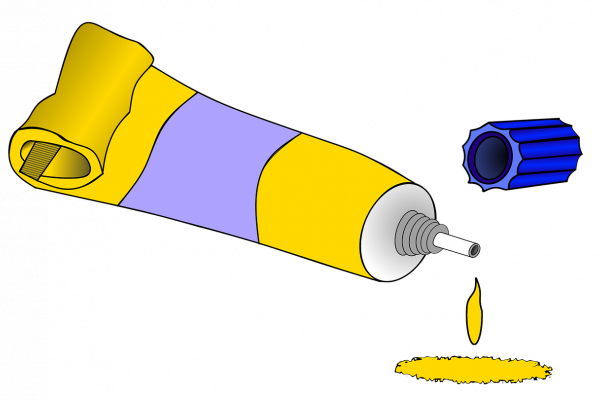Superglue could be used to recycle plastic into more useful products
Interviews about Chemistry
Interviews about states of matter, gases, fuels, green chemistry, chemical reactions and nanotechnology...
How do companies create the flavours we find in food?
Catalytic Clothing - The jeans that remove air pollutants.
Here today... gone tomorrow?
Could mini robots soon be delivering drugs to specific parts of our bodies?
And get the recipe right every time!
What instruments will be on board the James Webb Space Telescope?
How do scientists identify killer compounds?
Are there potentially poisonous compounds lurking our cupboards that we should be aware of?
What won the 2017 Nobel Prize for Chemistry?
Goldfish can survive the winter freeze using a genetic trick that allows them to convert lactic acid into alcohol.
A team of real life spidermen at Cambridge University have invented a new, greener, cleaner form of artificial spider...
Harnessing liquid water from water vapour in the air could help millions experiencing water shortages.
Could detecting an atmosphere on an exoplanet suggest life outside our Solar System?
How and why are they so much more efficient than a standard light bulb?
Scientists have tied the world's smallest knot; less than a millionth of a millimetre across.
